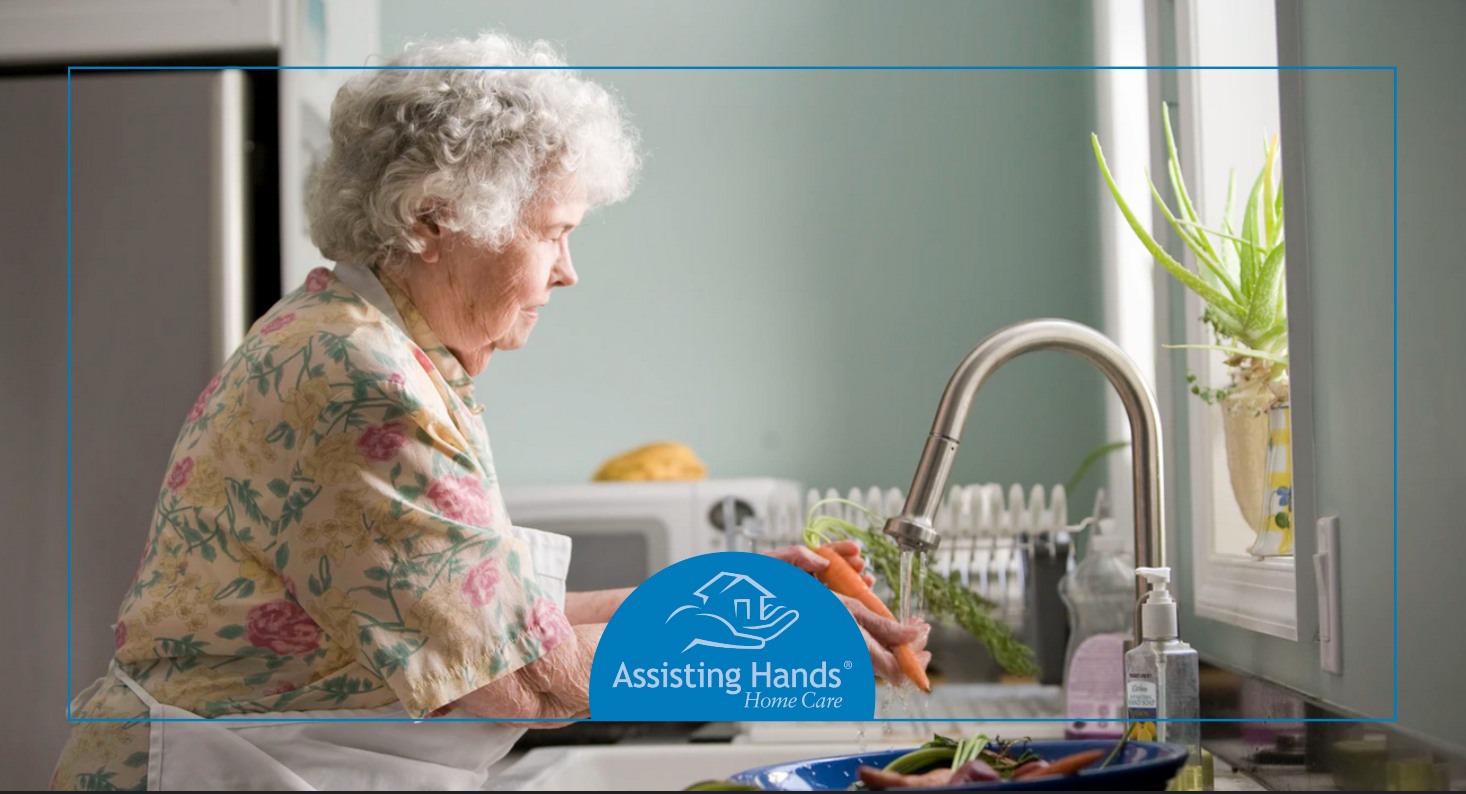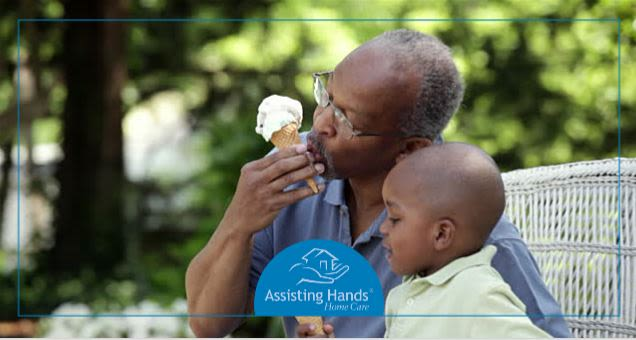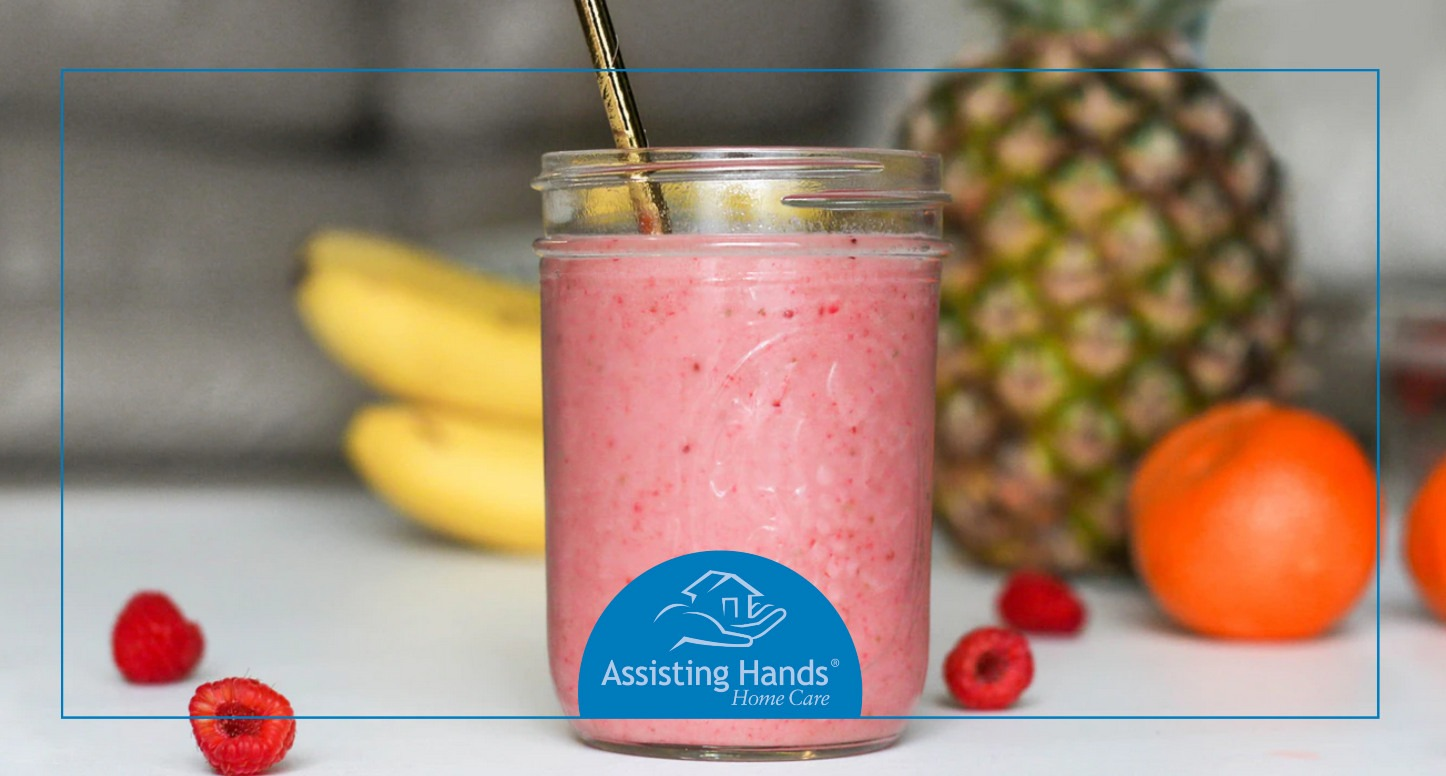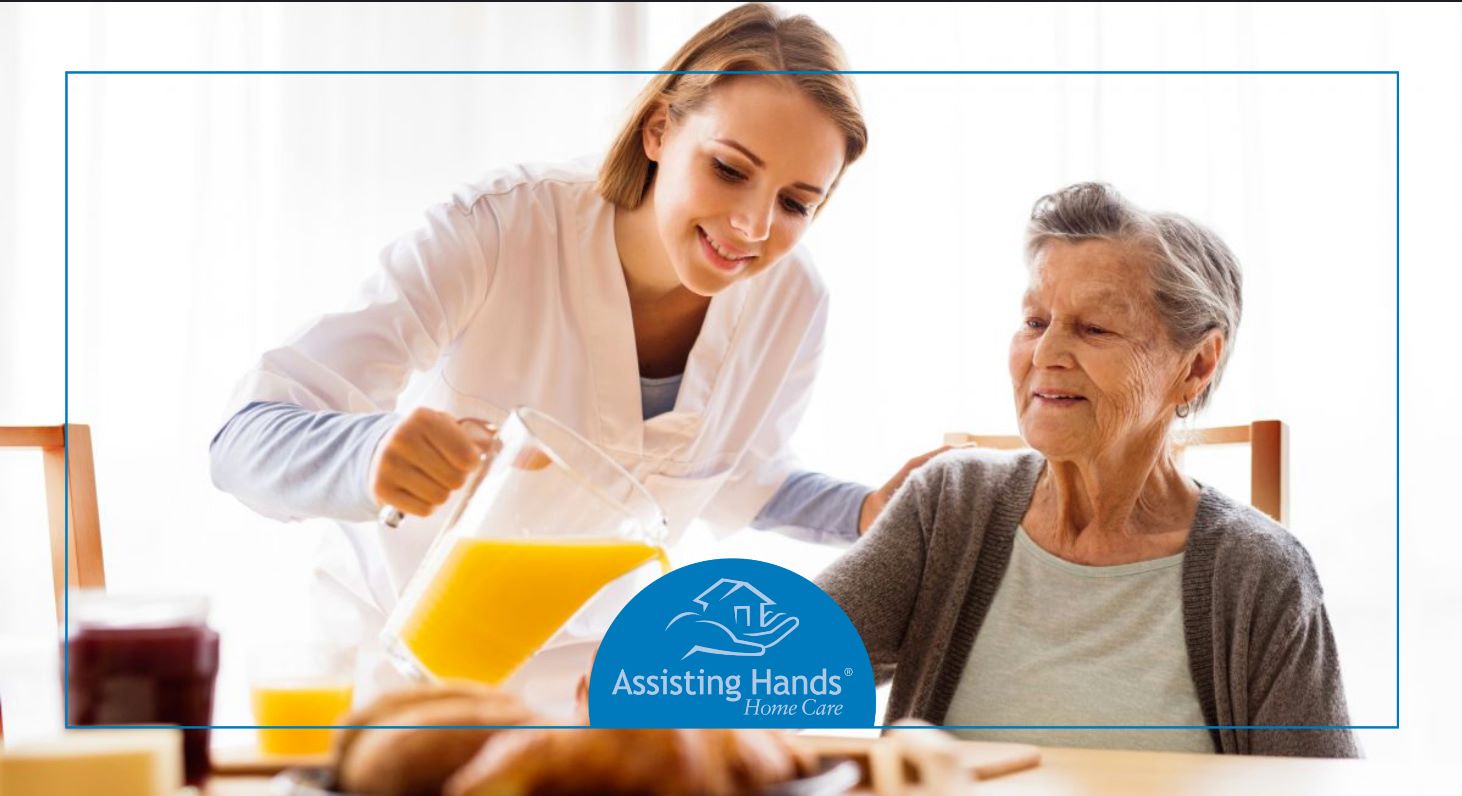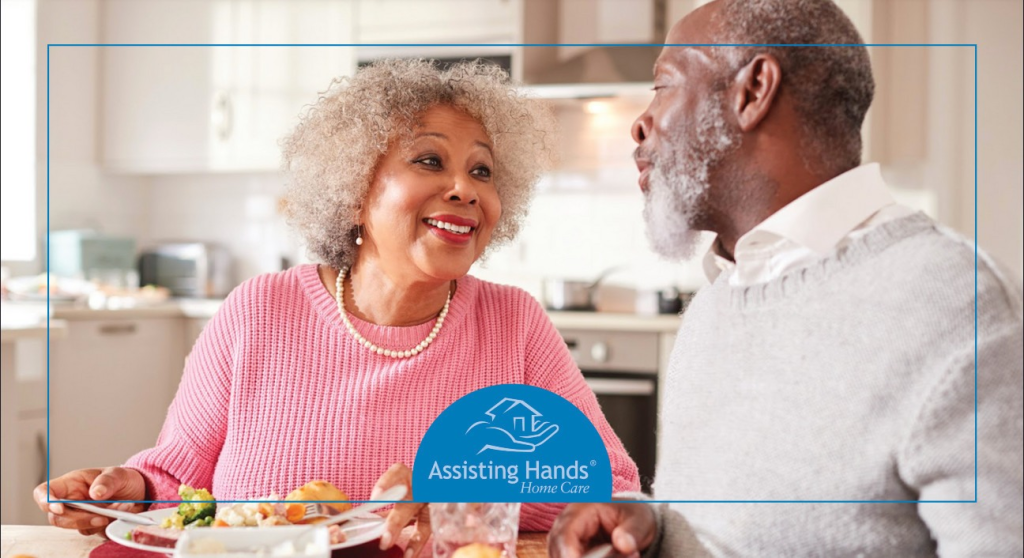

Watching your loved one’s age can be overwhelming, especially when you start noticing their changes in diet and eating habits declining with time. A gradual decrease in appetite is considered to be normal, however if your elderly parent refuses to eat and you notice sudden weight loss and low energy levels, this can be a cause for concern.
Studies have shown that having a balanced diet can help older adults live healthy and improve their cognitive function as well as chronic conditions or illnesses they may be facing. If you’re taking care of your loved one or have hired senior home care, it is important for you and the caregiver to understand the problem behind this issue and find ways to encourage them to eat a healthy and nutritious diet.
Common Causes of Appetite Loss in Seniors
The loss of appetite in seniors can be linked to various factors such as health issues and heavy medications. The medical reasons that could be causing appetite loss among seniors are as follows:
- Thyroid: Seniors with Hyperthyroidism usually have symptoms like weight gain or extreme loss, cold intolerance, memory impairment, and poor appetite. Sometimes the strong medication that is used to treat thyroid often has side effects of mouth dryness and stomach bug which reduces hunger.
- Depression, Anxiety, and Loneliness: Loneliness is one of the leading concerns among older adults. Because 60% of their time is usually spent alone, this can cause serious depression among them which reduces the urge to do anything i.e., going out for a walk, cooking, eating, drinking, or sleeping. During this phase, older adults spend most of their energy worrying and thinking about problems which decreases their appetite.
- Poor Dental Health: When your loved one reaches senior age, they may have tooth decay, gum issues, or root canals which results in difficult or painful chewing and later contributes to eating less or skipping meals.
- Dementia and Alzheimer’s: Older adults with dementia may find difficulty in eating and chewing. During this case, there can be a possibility of them failing to understand their hunger and forgetting to eat.
- Cancer: Some kinds of cancer such as ovarian, lung, and stomach cancer, and their treatments can result in changes in diet and the desire to eat which results in having a low appetite.
- Low Metabolism: A decrease in diet among your elderly loved one could be due to low energy level, lack of physical activity which can reduce the metabolism rate, and the urge to eat good portion size meals.
- Hormonal Changes: Leptin is a hormone that co-relates with appetite and metabolism rate in the body. As your loved ages, there are high number of chances of them going through hormonal changes which reduces the leptin level resulting in low eating habits and poor diet.
- Inactivity: When adults reach their 60s or 70s, they tend to be less mobile and active, thus they become careless in preparing their own meals which results in skipping their meals which affects their appetite.
- Loss of smell, taste, and vision: If your senior loved one has some nasal and sinus issues, or difficulty seeing, this could impact their quality of life which can result in loss of interest in eating, and poor appetite.
- Kidney Problems: If your loved one is going through a tough phase with their kidneys, they are less likely to eat regularly which can cause further issues.
How to Improve Appetite in Seniors?
The following are 8 proven effective methods that can help increase the appetite of your senior loved ones that you and your elder care service professional should practice at home.
1. Make a Routine
Getting into a daily habit of eating meals at a consistent and designated time each day can help your senior loved one improve their appetite. A routine will regularize their brain sensory and help them realize when it’s time for them to eat their meal. Start with two meals a day i.e., breakfast and an early dinner.
2. Exercise
Appetite, metabolism, and exercise are closely linked to each other. There are some exercises that can stimulate appetite and increase metabolism among elderly people such as a brisk walk, sit ups, yoga, stretches, or even moving in the house. It is a proven fact that going for a walk or exercising for even 30 minutes a day can improve their diet and will urge them to eat and drink more.
3. Smaller Portions of a Nutritious Meal
If your senior loved one gets overwhelmed seeing a big portion, then try giving them smaller portions. In these portions, give them healthy food that could be beneficial for them even if they do not eat a full-time proper meal.
Foods that you can give your seniors in smaller portions include:
- Soft Cheese
- Boiled Eggs
- Milk
- Greek Yogurt
- Avocado
- Fresh Fruits
- Chicken Broth
- Soups
- Salads
- Oats
4. Finger Foods
Utensils and cutlery can be troublesome for some elderly individuals. Finger foods are easy and can be given to your elderly loved one. Try giving chicken nuggets, meat balls, crackers with peanut butter, sandwiches, string cheese, fish fries, and steamed veggies.
5. Encourage Socialization During Mealtime
Encourage your older adult to eat meals with you or with your grandkids and the socialization will help them eat without noticing how much they are eating.
6. Liquids and Smoothies
If your loved one has difficulty eating due to bad oral health or stomach problems, then try making nutritional liquid recipes. Turn healthy foods into a soup, protein shake, or a smoothie. This can be filling as well as healthy for your senior loved one.
7. Boost Hydration
It is true that poor hydration decreases appetite. Make sure your senior loved one is well-hydrated which can help increase their appetite.
8. Appetite Stimulants
Try giving stimulants that can help increase hunger in seniors. Also, supplement these stimulants with zinc, iron, and vitamin D that can boost their energy levels in their body.\
Are you looking for a senior home care service provider that can help take responsibility for your elderly loved one? We at Assisting Hands, Westlake, Ohio are here to help you. Our in-home caregivers provide quality home care services each day that include meal preparation, medication reminders, life enrichment, taking care of their diet, personal grooming, and household chores if required. Assisting Hands has been a number one home care service provider in Westlake, Avon, Avon Lake, and the surrounding areas of Ohio. To talk to a representative, call us at 440-517-4623.

